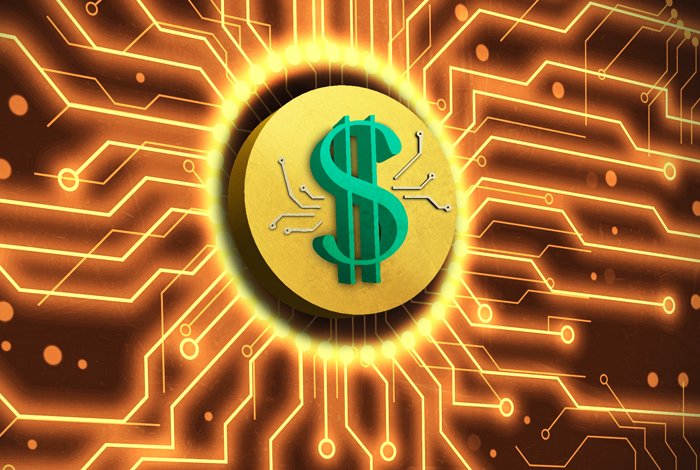When it comes to hiring a personal injury attorney, people are often motivated by the need for expert help in securing compensation and protecting their financial interests. This act of due diligence, carefully selecting a legal professional to manage a complex situation, reflects a broader financial principle that also applies in the world of crypto: the value of informed decision-making. Just as legal claims require strategic handling, so does navigating the ever-growing field of digital finance and cryptocurrencies.
Understanding the Risk-Reward Balance

Crypto investing can seem thrilling, but it’s also highly volatile. To make the most of it, you need to understand both the upside and the potential risks involved. That means going beyond surface-level hype and diving into the fundamentals of blockchain technology, project credibility, and market behavior.
Those who make calculated decisions, just like someone who hires a claims attorney with care, are more likely to protect their assets and grow them wisely.
Avoiding Emotional Decisions in Volatile Markets
One of the biggest pitfalls in crypto is emotionally driven investing, buying when prices are high out of fear of missing out (FOMO) or panic-selling during dips. Learning to stay calm under pressure is a crucial skill for financial health.
Similarly, when hiring a legal expert, people are advised to choose based on track record, not desperation.
Applying this same mindset to crypto can save investors from common financial missteps.
Due Diligence is a must in Both Law and Crypto
Just as you wouldn’t hire a claims attorney without checking their credentials, experience, and reviews, you shouldn’t invest in a crypto token without researching the development team, whitepaper, and community feedback. Doing the groundwork can prevent you from falling into scams or unsustainable ventures. Whether in law or finance, knowledge and preparation are your best defense.
Diversification and Strategic Planning
Successful crypto investors often don’t go all-in on a single coin or asset. Instead, they diversify across various tokens, stablecoins, or even traditional investments like stocks and bonds. This layered approach mirrors how clients often seek legal guidance not only for a single issue but as part of a broader financial recovery or protection plan. Strategic planning reduces exposure to risk while increasing potential for steady returns.
From Legal Wins to Financial Wisdom
Ultimately, the careful approach taken when hiring a claims attorney teaches a broader lesson in accountability, planning, and resource management. These are the same traits that can help someone succeed in crypto, where the goal isn’t just to earn quickly, but to build sustainable financial security over time.
![]()



 What is DeFi?
What is DeFi?




